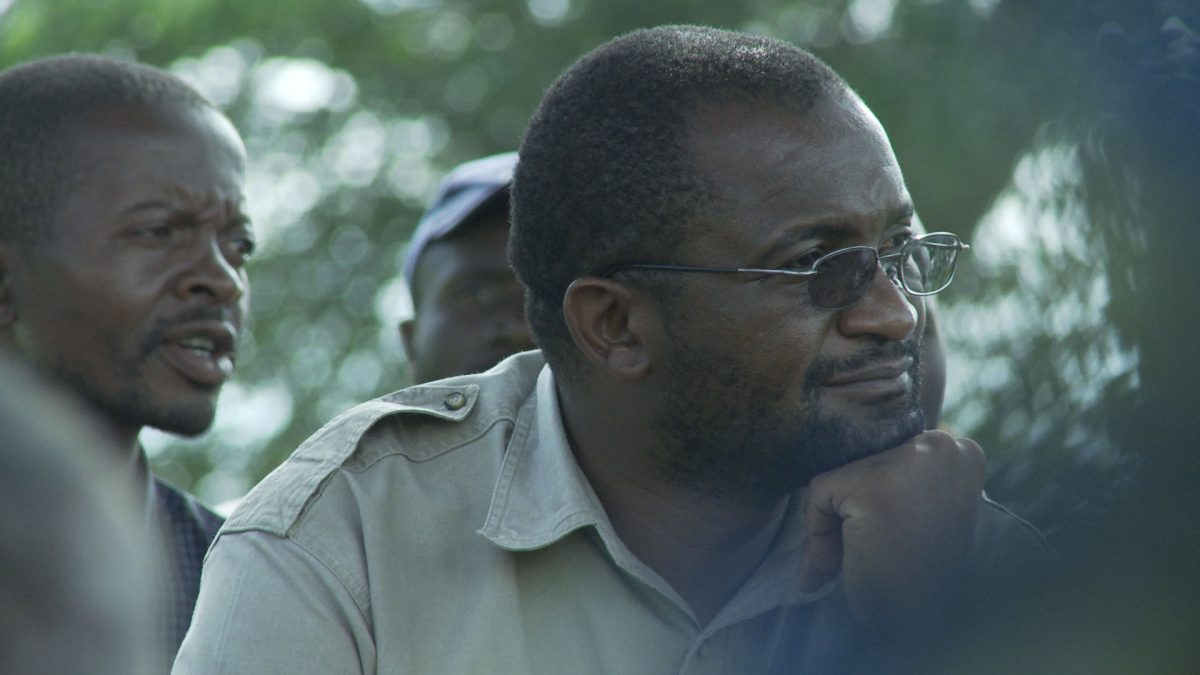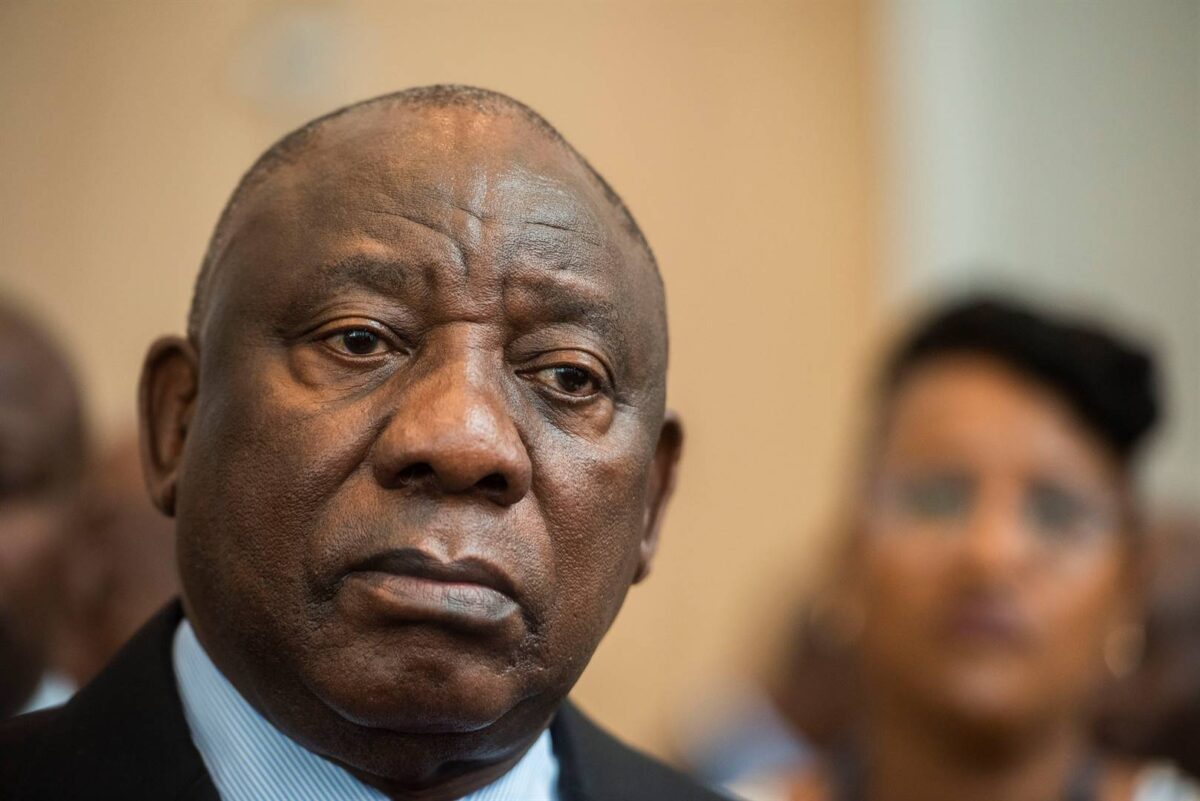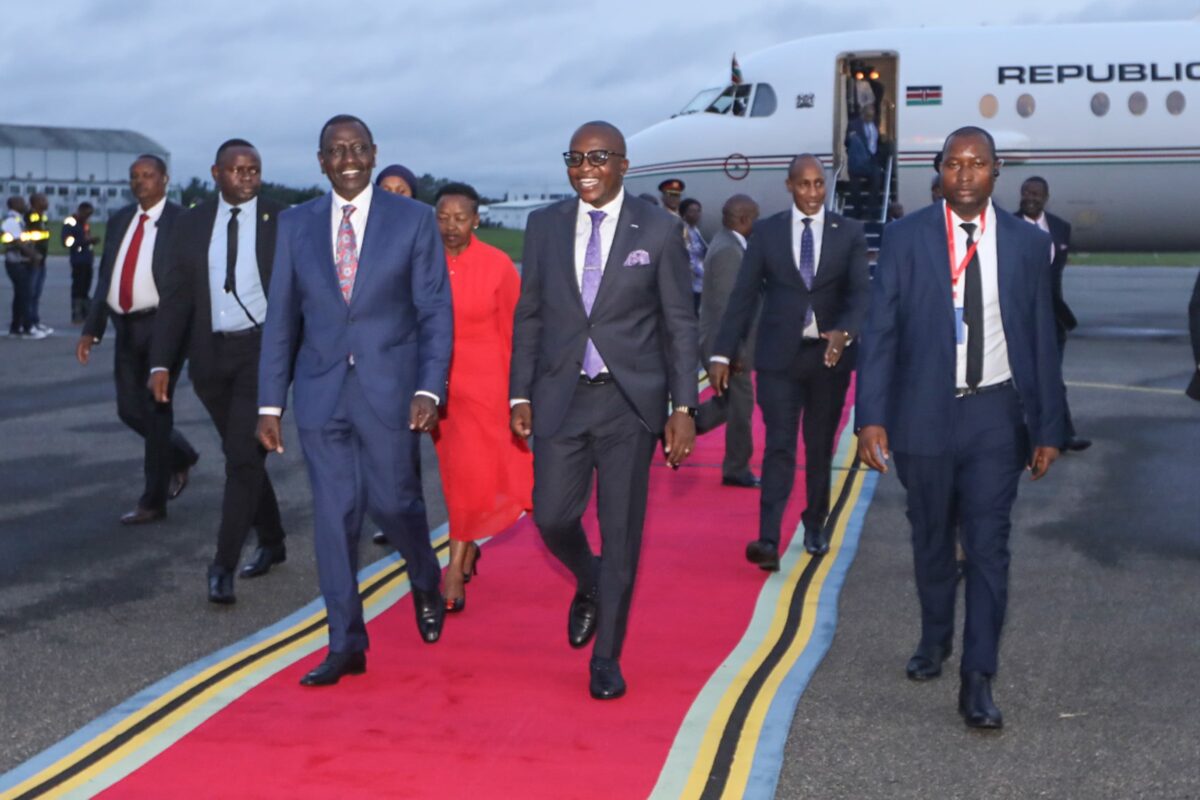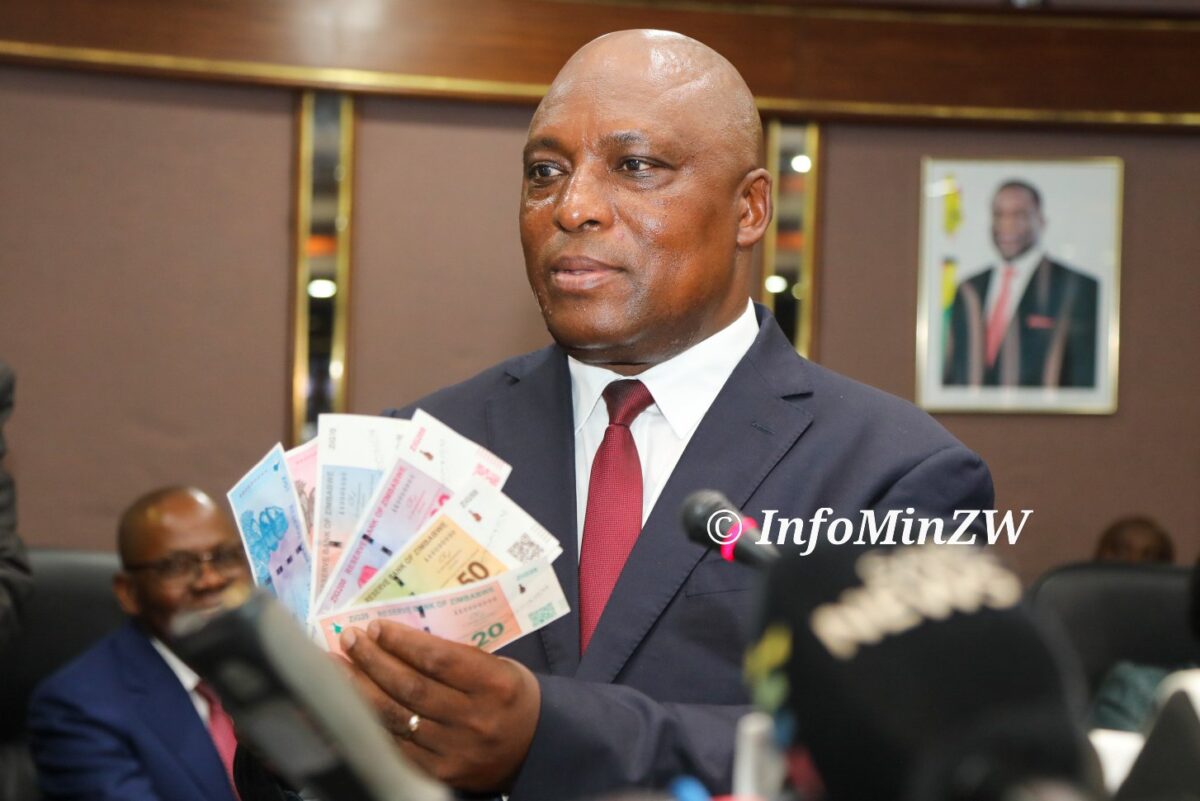BULAWAYO – Bringing closure to victims of the Gukurahundi genocide must involve a “comprehensive programme of truth telling,” the MDC said on Wednesday, a day after President Emmerson Mnangagwa okayed reburials and announced steps to help surviving children and spouses to obtain birth and death records.
The 1980s military atrocities in the Midlands and Matabeleland provinces left over 20,000 people dead, according to human rights groups.
Mnangagwa was a key cog in the operation, then as Defence Minister, with former president Robert Mugabe in overall charge. More than two decades later, victims and their families are still crying out for justice and reparations, while the government had hitherto almost totally refused to acknowledge the genocide and key participants are yet to publicly show contrition for their role in the massacre of the mainly Ndebele minority.
“Compensation for Gukurahundi victims and their families, whilst a welcome development, must be accompanied by a comprehensive programme of truth telling,” MDC secretary general Douglas Mwonzora said on Twitter.
The MDC credited “some chiefs in Matabeleland and other progressives who remained resolute on this issue” for bringing pressure to bear on Mnangagwa, whose concessions this week followed a meeting with over 60 non-governmental organisations operating in the Matabeleland provinces.
Ibhetshu LikaZulu, one of the organisations in the ‘Matabeleland Collective’, said it was pleased by the “acknowledgement by the government that Gukurahundi genocide took place in our history as a country after so much denial and unnecessary violation of the rights of those that brought it to their attention.”
But the group, which has been at the forefront of campaigning for justice for victims, said for the healing process to begin, the government must “acknowledge that this was genocide and encourage truth telling.”
“The surviving brigade commanders and security officers that implemented the annihilation of their fellow countrymen must come out in the open, apologise, show remorse and seek forgiveness from the survivors. This initiative without truth telling is empty,” Ibhetshu LikaZulu said in a statement.
The group also called for a Gukurahundi law which would outline the framework of how the government seeks to atone for the atrocities.
“The government must put a law in place that acknowledges this sad part of our history and criminalise the denial of it. Encouraging open discussion on Gukurahundi with no enforcing legal instrument is empty; history has shown in other countries that were affected by genocide,” it added.
The group also called for clarity on what form of reparations the government would pay, while proposing a deliberate move to address infrastructural inequalities created by the “lost years” between 1983 and 1987 which resulted in the southern parts of the country having fewer schools, clinics and other infrastructure.















